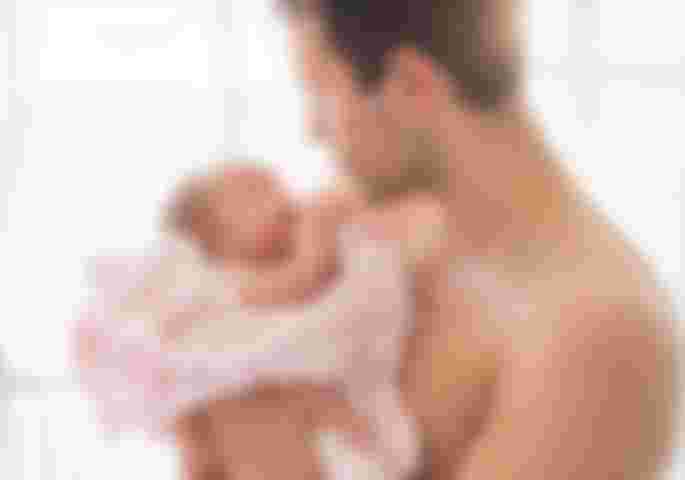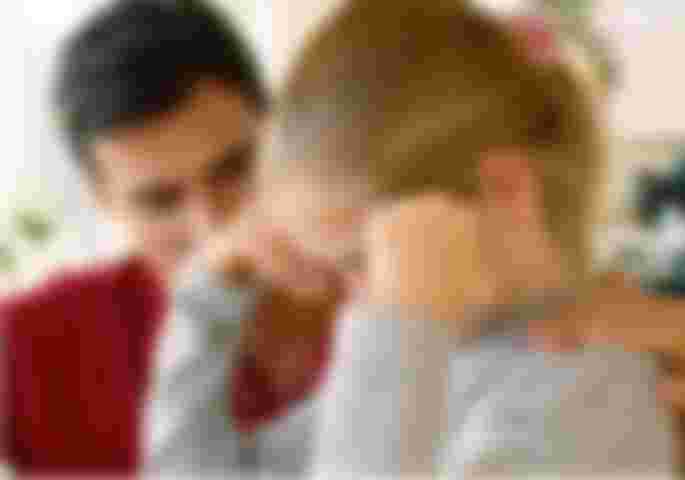The father is a symbol of patriarchal culture, an advocate of morality, and the main guardian of the existing value system.
As a dignified representative of traditional culture, the father always has a distance towards children, he rarely jokes with them, avoids showing tenderness, and gives the impression that he is emotionally cold towards children. Such an understanding once prevailed in Serbian society.
In Šumadija, for example, fathers rarely (or never) kissed their children. They did not bring them anything from the trip, so she did not know of any mercy from him, wrote our experts who dealt with the family from the historical side.
Because of this father's emphasized restraint and rigidity in dealing with children, people say: "Father as a stake". It should be said here that the father's extremely serious, reserved attitude towards children is a ritual, prescribed by social role, rather than spontaneous and "natural".
According to his prescribed role, the father in our traditional culture never takes a small child in his arms, nor does he clothe, rock, feed him, rarely carries him, and even less often caresses and loves him. He does not act like that because he does not love his child, but because according to the regulations valid in this culture, small children and caring for them belong to the so-called women's affairs, and are therefore something that is "unclean."
It is devastating for a father, especially a young one, who has not yet gained authority in his family, to show any care or tenderness towards his children. This behavior of the father is especially pronounced in areas with a heroic tradition, where the heroic lifestyle is carefully nurtured.
In Montenegro, for example, all caring for children is exclusively a woman's job, and any caring feeling or parental behavior for a father is taboo.

- Everything related to small children for a Montenegrin is "shameful" and "unclean", even "bad". Whoever is a real man, he is careful not to touch the cradle with his suit - wrote Gerhard Gesemann, a German Slavist from the beginning of the 20th century.
Even if the child is crying and the mother is not there, the father will not take him in his arms because "heroic shyness keeps him in check." This "indifferent" behavior of fathers towards children is found in almost all "western parts of our people".
When we talk about the taboo attitude of the father towards the children, we should keep in mind that the child is "untouchable" for the father, "unclean" only when he is small. When a child crosses a certain age limit, then the father is allowed to deal with it. In the Skopje valley, the father does not take the child in his arms, due to "shame", until he starts crawling.
In Lika and Dubrovnik, the father deals exclusively with "adult" children, say scientists who have visited the area. In Montenegro, only when the child starts talking and walking, the father begins to take an interest in him, to take him in his arms, and to address him. From these data, the conclusion emerges that the father avoids contact with the child as long as he is pre-human until he has not yet acquired the basic attributes of a human being (upright gait and speech), ie. as long as it is in the power of demons.
Only when the child is old enough to be influenced by reasonable means, through speech, and when he becomes subject to moral education, only then does the father enter the scene as a representative of patriarchal morality and begin the education of the child, ie shaping his character.

To instill moral norms and a solid system of values and rules of conduct in a child, the father must, it is considered in a patriarchal culture, be above all serious, dignified and strict in his treatment of the child. A gentle, "soft" father is believed to "spoil a child" because he would become spoiled. The people express this opinion with the proverb "In the soft father of naughty children".
An important role of the father in upbringing is to punish the children. While mothers, grandparents can be lenient with children, in our patriarchal culture, the father must be strict and sometimes ruthless. Such prescribed behavior is based on the belief that the father can have moral authority and successfully control the child's behavior only if they are afraid of him.
Because children are afraid of a strict father, when a child does not listen, the mother uses the father as a kind of "scarecrow" to intimidate and force the child into obedience. That is why it is often heard that a mother says to a disobedient child: "I will tell my father!" or "Here comes your father!" The mother can even sentence the child, but, as a rule, the perpetrator is the father.
Namely, the mother rarely, even when she deserves it, beats the children, but only threatens them: "Just wait until your father comes, you will get yours!" The father deals with older children, and above all, the male sex. The son in our traditional culture "naturally" belongs to the father who is his main educator and role model.
Autor: Velimirveki97

